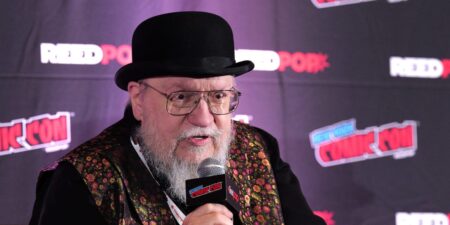A lawsuit against the billion-dollar fintech startup Array by an early employee who claimed he was owed as much as $70 million has been thrown out.
Jason Owen, who was Array’s chief strategy officer, sued the company and its leader, Martin Toha, in 2022, claiming that Toha had denied him a promised equity stake. He claimed to have been fired for expressing concerns about unethical business practices, which Array denied.
After three years of litigation, the case went to trial in a New York state business court, with testimony from Owen, Toha, and people who were in the company’s orbit during its early days. Justice Joel Cohen said that none of them testified clearly enough to back up Owen’s version of events.
“Experienced people like Mr. Toha and Mr. Owen would understand that multimillion-dollar equity grants generally are not accomplished by a phone call with your boss,” the judge said at the conclusion of the trial on October 17, according to a transcript.
Array helps banks and credit unions offer credit score and identity protection tools to their customers to help build loyalty. It was valued at nearly $1.5 billion, Owen said in his lawsuit, and last raised funds in 2023 at an unspecified valuation, according to Pitchbook.
In his lawsuit, Owen claimed that he was fired after he began raising questions about some of Array’s early customers, who included company insiders and other associates of Toha who resold credit data to customers, like credit-repair businesses, that are viewed by some regulators and large credit bureaus as abusive. One of Toha’s previous start-ups, Profinity, settled with the New York attorney general in 2015 over claims of defrauding consumers.
None of those allegations were addressed by the judge, who focused on the existence of what Owen claimed to be a deal where he would be awarded 5% of Array’s equity over its first $100 million.
“The Court’s ruling validated what we’ve been saying all along,” spokespeople for Array said in an email. “There was no agreement, and his allegations of bad conduct by Array were, in our opinion, an effort to intimidate us into paying him money that we did not owe.”
Owen and one of his lawyers didn’t reply to requests for comment.
Read the full article here















